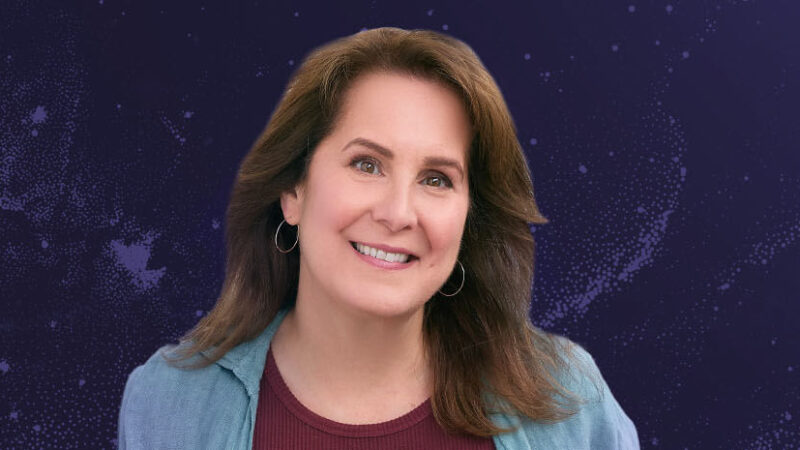Internal Family Systems therapy (or IFS) is transforming the field of psychology, captivating interest among professionals and laypeople alike in the relatively few years since Dr. Richard C. Schwartz first introduced his revolutionary model. Bestselling author Gabby Bernstein proclaims herself to be among the growing number of people whose lives have been improved in seemingly miraculous ways through IFS. In this podcast, Tami Simon speaks with Schwartz and Bernstein about the unique ways in which IFS can heal and deepen our intimate relationships.
Give a listen to this empowering discussion of “Courageous Love,” exploring: breaking the “mono-mind” paradigm; uncovering the core Self; coming into full integration and aligning with the truth of who you are; being Self-led in relationships; a four-step method for engaging compassion, curiosity, connection, and choice; asking yourself, “What do I need right now?”; IFS as a devotional practice; becoming “the primary caretaker of our exiles”; the burden of worthlessness; the intensity of our protector parts; IFS for conflict resolution and the practice of speaking about our parts instead of from our parts; calling a time-out to return to calm and presence; the cumulative nature of the energy of the Self; why we need to dialogue with our parts before we try to discuss them with others; the vulnerability of courageous love; the magic of clarity; and more.
Note: This episode originally aired on Sounds True One, where these special episodes of Insights at the Edge are available to watch live on video and with exclusive access to Q&As with our guests. Learn more at join.soundstrue.com.










